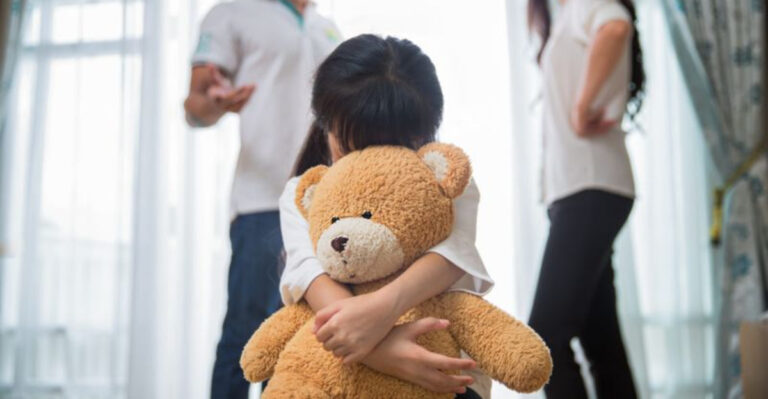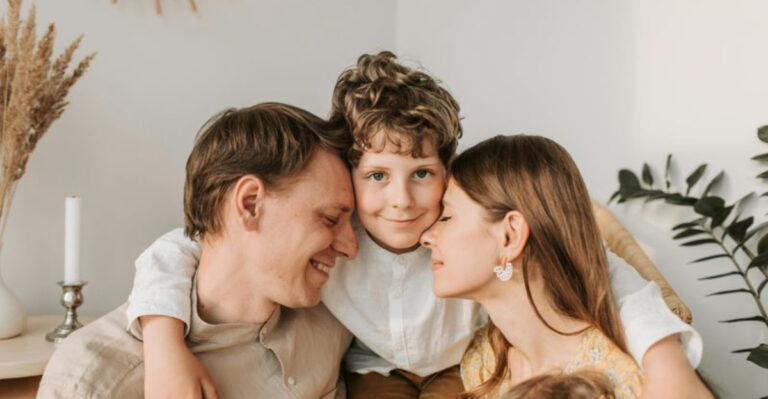15 Rules I Thought Made Me a Good Parent, Until My Kids Grew Up
When my kids were little, I had this tidy mental checklist labeled “How to Be a Good Parent.” You know the type: home-cooked meals, no back talk, bed by 8, and always say “please” and “thank you.” I followed that list like it was scripture—firm, consistent, deeply believed.
And then… they grew up. And suddenly, all those “rules” that once made me feel in control? Some of them turned out to be completely wrong. Or at the very least, missing the nuance and compassion that real parenting requires.
So here it is—15 rules I once thought made me a good parent… until my kids grew up and gently (or not-so-gently) showed me the truth.
1. “Because I said so” is a perfectly valid reason.

Nothing made me feel more powerful than the classic “Because I said so.” It shut down any argument instantly. I thought I was being strong, setting clear authority.
But now I see, it actually taught my kids to obey without thinking, not to understand or question. Turns out, real strength is explaining your reasoning—even when you’re dead tired. It’s showing them how to think, not just what to do.
Looking back, I wish I’d traded some of that control for conversation. The kids who learn to question grow into adults who don’t just follow the crowd. And that, honestly, is the kind of adult I want to know.
2. The Busy Bee Trap: Schedules Packed to the Brim
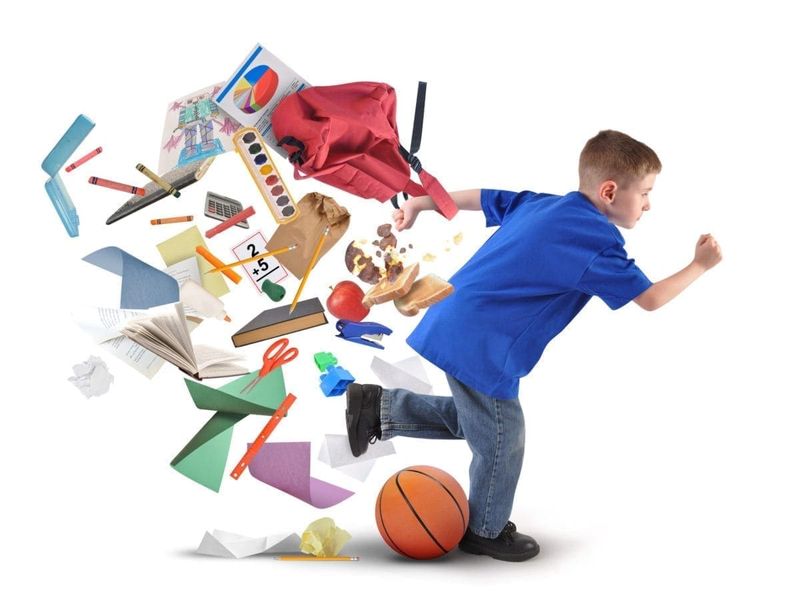
I once believed a busy child was a thriving child. Soccer, dance, tutoring—you name it, we did it. Every minute scheduled felt like I was investing in their future success.
Funny thing? I missed what they truly needed: slow afternoons, imaginary play, space to get bored and build their own worlds. Structure is great, but constant hustle left us exhausted and disconnected.
Now, I watch them as teens and adults gravitate toward downtime, value quiet, and even resist overcommitment. If I could do it again, I’d protect their free time as fiercely as their GPA. Some of the best memories, it turns out, happen in the gaps between activities.
3. Gold Stars Only: Praising the Winners

Back then, I handed out praise only for high scores or big wins. I thought that’s how you grow achievers: reward the results, not the effort.
But here’s the twist—my kids started thinking my love was tied to their report cards or blue ribbons. When they failed, they felt invisible.
Now, I’m all about celebrating effort, process, and even glorious flops. Trying hard, being brave, giving something your all? That’s what deserves the spotlight. Because life isn’t always about landing on top. It’s about learning, and that’s worth its own kind of gold star every time.
4. No Tears Allowed: Hiding Sadness

I once thought a good parent should always keep it together—never let the kids see you cry. I thought I was protecting them by being the rock, strong and unshakeable.
But kids notice everything. When I hid my feelings, they learned to hide theirs, too. Emotional honesty seemed scary, but it turned out to be the glue that kept us real.
Now, my grown kids aren’t afraid of sadness or struggle. They’re not ashamed to say, “I need a minute,” or let someone hold them when life gets hard. That’s real strength—and it started when I finally let down the mask.
5. No Back Talk: Silencing Arguments

“Don’t talk back” was my go-to. I saw pushback as disrespect, and I shut it down, fast. But buried beneath the sass and eye rolls was something more: a growing voice.
Now, I want that voice to be strong. I want my kids to question, challenge, and think for themselves.
If I could do it over, I’d treat every “argument” as practice for adulthood—where standing up for yourself is not rude, but essential. I see now that some of the most stubborn kids become the most courageous adults—and that’s a win in my book.
6. Mom Martyrdom: Always Put Kids First

I thought loving my kids meant putting myself last. Skipped meals, sleepless nights, never taking a break—sacrifice felt like virtue.
But running on empty just taught my kids that motherhood means burnout. They learned to expect a version of me that was always tired, never whole.
Now I model taking care of myself—reading a book, going for a walk, saying no without guilt. Turns out, they respect boundaries because they saw me set them. If you want kids to grow up balanced, don’t teach them that love = losing yourself.
7. The Fortress Parent: Keeping Problems Hidden
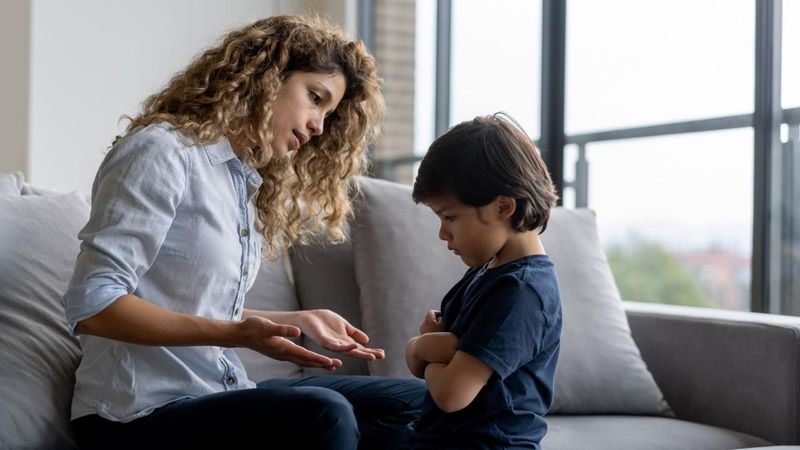
I tried so hard to shield my kids from stress. Money worries, work drama, family fights—all kept behind closed doors. I thought I was protecting them from fear.
But I missed a chance for them to see how adults cope. Kids can handle honesty when it’s age-appropriate.
Now, I share what I’m facing and how I’m handling it. They see that problems aren’t monsters—they’re just part of life. Showing vulnerability isn’t weakness; it’s a lesson in resilience.
8. Respect Goes Both Ways: Not Just for Grown-Ups

I grew up thinking adults automatically earned respect and kids just had to give it. I enforced that one-way street hard. But respect given out of fear or habit isn’t real respect—it’s just compliance.
Mutual respect, I’ve learned, is the foundation for everything. When I started listening, apologizing, and treating their opinions seriously, I saw our relationship shift.
Now, my grown kids don’t just parrot back what I say—they trust me enough to be honest. That’s the kind of bond I always wanted, even if I didn’t know it at first.
9. Quiet, Clean, and Obedient: The ‘Good Kid’ Myth
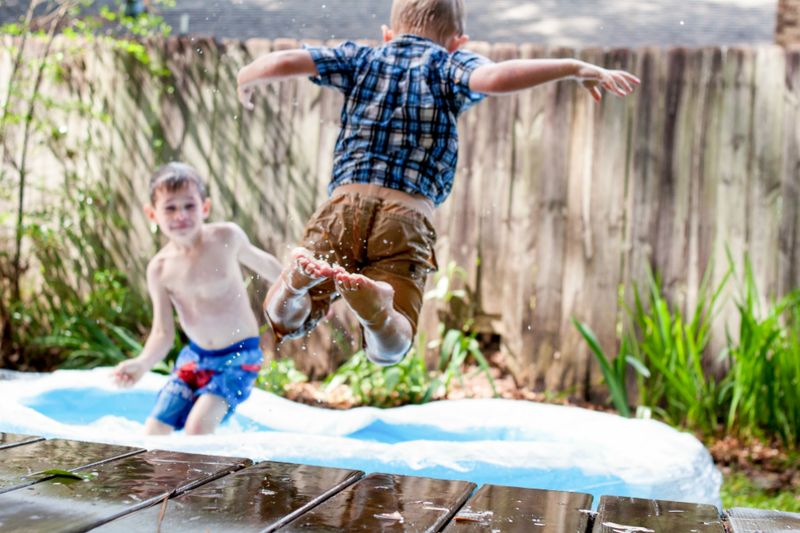
I used to think a good kid was seen but not heard. Polite, tidy, never making a fuss. But some of the loudest, messiest moments were actually the most joyful—and the most honest.
When I stopped policing every little thing, I discovered who my kids really were. Turns out, curiosity is noisy. Passion is messy.
The “easy” kids aren’t always the happiest ones. I wish I’d celebrated their originality instead of their ability to blend in. Now, I cheer the wild and the weird—because that’s what makes life interesting.
10. Instant Correction: Fix Every Slip-Up Now

For years, I believed every tiny misstep needed correcting. Forgot to take out the trash? Eye roll? Immediate lecture. I thought I was nipping bad habits in the bud.
But I missed the bigger picture: kids don’t always need a lesson—they need connection. Sometimes, a hug or a laugh says more than a thousand reminders.
Now, I let some things slide to make room for trust. Not everything is urgent. Some lessons are learned best quietly, over time, without an audience.
11. Perfect Parent Mode: Never Let Them See You Mess Up
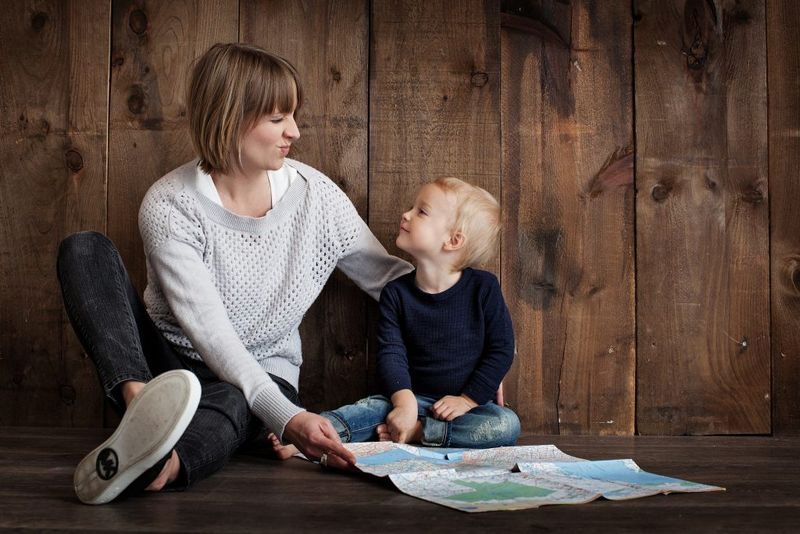
I thought if I was flawless, my kids would be too. I tried to set the perfect example—no mistakes, no apologies. In reality, I just looked unapproachable and kind of robotic.
Kids need to see us mess up, own it, and make it right. That’s where the real learning happens.
Now, I apologize (sometimes awkwardly), admit when I’m wrong, and let them watch me fix it. It’s humbling, but it’s also how trust grows. They don’t need a superhero—they want a human.
12. Rulebook Loyalty: Consistency Over Compassion
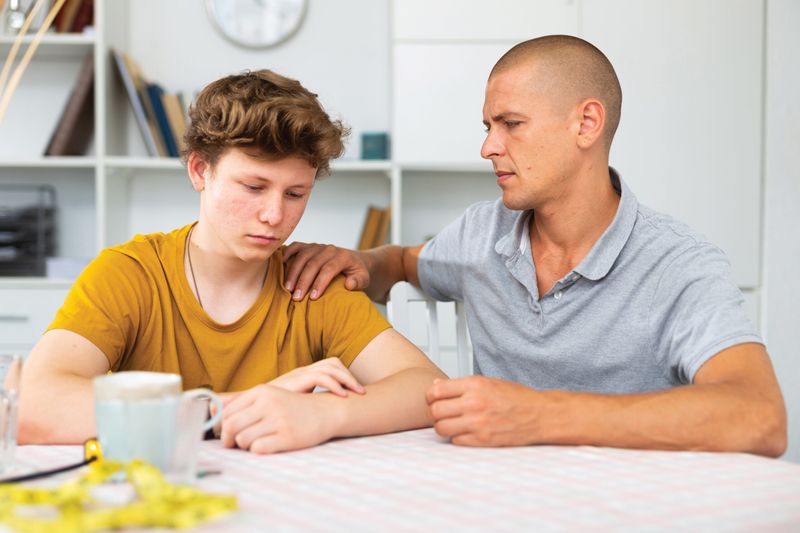
I clung to the rules like a life raft. Consistency, I told myself, was the key to raising good humans. But real life doesn’t fit perfectly in a chart.
Sometimes, a kid needs a break, or a hug, instead of a consequence. When I started letting compassion lead, I saw walls come down.
Now, the rules still matter—but sometimes, so does bending them. Flexibility doesn’t mean chaos; it just means you’re paying attention.
13. Helicopter Mode: Monitor Everything, Trust Comes Later

I tracked, checked, and hovered—always on alert for trouble. I thought monitoring everything was being a good mom. But all I did was make my kids feel watched, not trusted.
When I backed off, our relationship changed. Trust had to come first, not as a prize they earned by being perfect.
Now, I still care fiercely, but I give them space to stumble, experiment, and come to me when it matters. They’re not perfect—but they know I believe in them.
14. Bubble Wrap Parenting: Keep Them Safe from the World
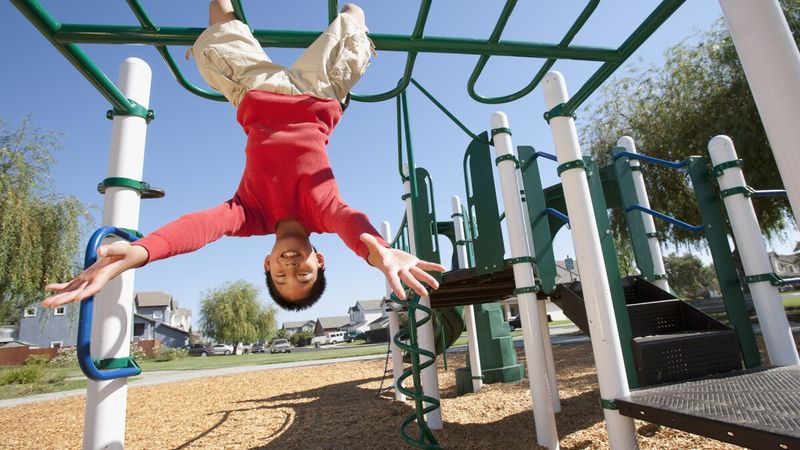
Keeping my kids safe became my full-time job. I hovered, warned, and said ‘be careful’ on loop. But what they really needed was not just my protection—it was courage and skill.
Eventually, I realized that letting them face some bumps and bruises built confidence. They needed to know how to handle tough stuff, not just avoid it.
Now, I focus on preparing them to step out strong, not just sheltering them. The world isn’t gentle, but I can help them be brave.
15. Love Will Fix Everything: The Hard Truth

For the longest time, I thought love was the cure for all wounds. I poured every ounce of myself into my kids, believing it would heal, fix, and solve everything.
But sometimes love alone isn’t enough. Kids need understanding, boundaries, patience, and yes, repair.
My love is still fierce, but I’ve learned to add listening, curiosity, and lots of forgiving (myself included). That’s what makes love safe—not just big. And that’s the kind of love that lasts, even when the nest is empty.




